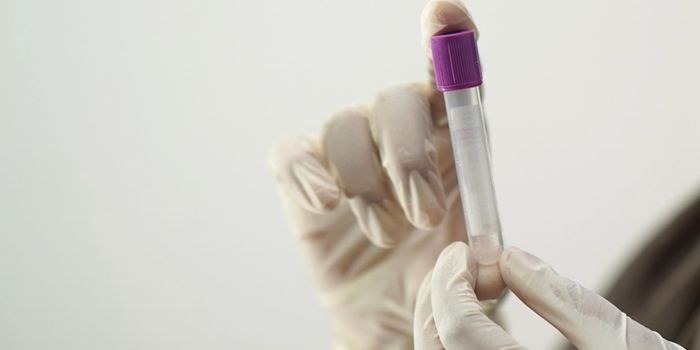A Genetically-engineered Mosquito to Combat Malaria
The Gates Foundation has entered into a partnership with a company called Oxitec, Ltd. to engineer a new kind of the company’s self-limiting Friendly™ Mosquitoes; the aim is to fight the mosquito that can spread malaria in the Western Hemisphere. The strategy is to replicate the success seen with a Friendly™ Aedes mosquito, which impacted the wild-type Aedes mosquito, a vector for diseases like dengue and Zika. Engineered male mosquitoes are released to mate with females. Because only females bite, the intended outcome is for females born from such a mating to die before adulthood. The male offspring survive, and continue to pass that gene on in their matings - but only for ten generations, so the engineered mosquitoes don’t last forever.
“With the support and partnership of the Bill & Melinda Gates Foundation, Oxitec is entering the fight against malaria with a powerful, innovative vector control technology,” said Grey Frandsen, CEO of Oxitec. “We’ve built a strong, proven biological engineering platform capable of developing self-limiting mosquito strains that can be used to combat specific disease-spreading species. We’re now leveraging that platform to contribute to the fight against mosquitoes that transmit malaria.”
The company is planning to create a strain of Anopheles albimanus mosquito, a primary malaria vector. When these mosquitoes are released as part of a vector control program, it can effectively reduce the number of mosquitoes that carry malaria. That program might include plans for monitoring disease vectors, preparedness, and education, among other things.
“Vector control has played a critical role in reducing cases and deaths due to malaria over the past 15 years. With further progress stalled at present, continued innovation of new and transformational interventions is critical to realizing the goal of a world free of malaria. Successful burden reduction and elimination will require a range of technologies for different geographies and challenges,” said Philip Welkhoff, director of the malaria program at the Bill & Melinda Gates Foundation.
“Genetically-modified mosquitoes are showing promise in controlling other vector-borne diseases, so we look forward to exploring their use alongside complementary interventions for malaria. Oxitec’s work will complement the foundation’s investments in self-sustaining genetically-modified mosquitoes for potential use in Africa,” he added.
“Our first self-limiting mosquito has been studied for more than ten years by independent researchers and governments around the world. It has proven to be efficacious in the fight against Aedes aegypti mosquitoes responsible for the spread of Zika and dengue. Our team is thrilled to be using our knowledge and experience toward developing a strain that can expand the role of environmentally safe, species-specific biological solutions in management of additional disease vectors, including this deal in malaria control,” said U.S. Army Lieutenant General (Retired) Thomas Bostick, Ph.D., PE, Intrexon’s Chief Operating Officer.
The first mosquito Oxitec made, a self-limiting, male-selecting mosquito, the Friendly™ Aedes mosquito, were released in Indaiatuba, Brazil in May 2018. Their Friendly™ mosquitoes don’t bite and don’t carry disease; they also feature a fluorescent marker so they can be tracked.
Source: Oxitec, Journal of the American Mosquito Control Association









